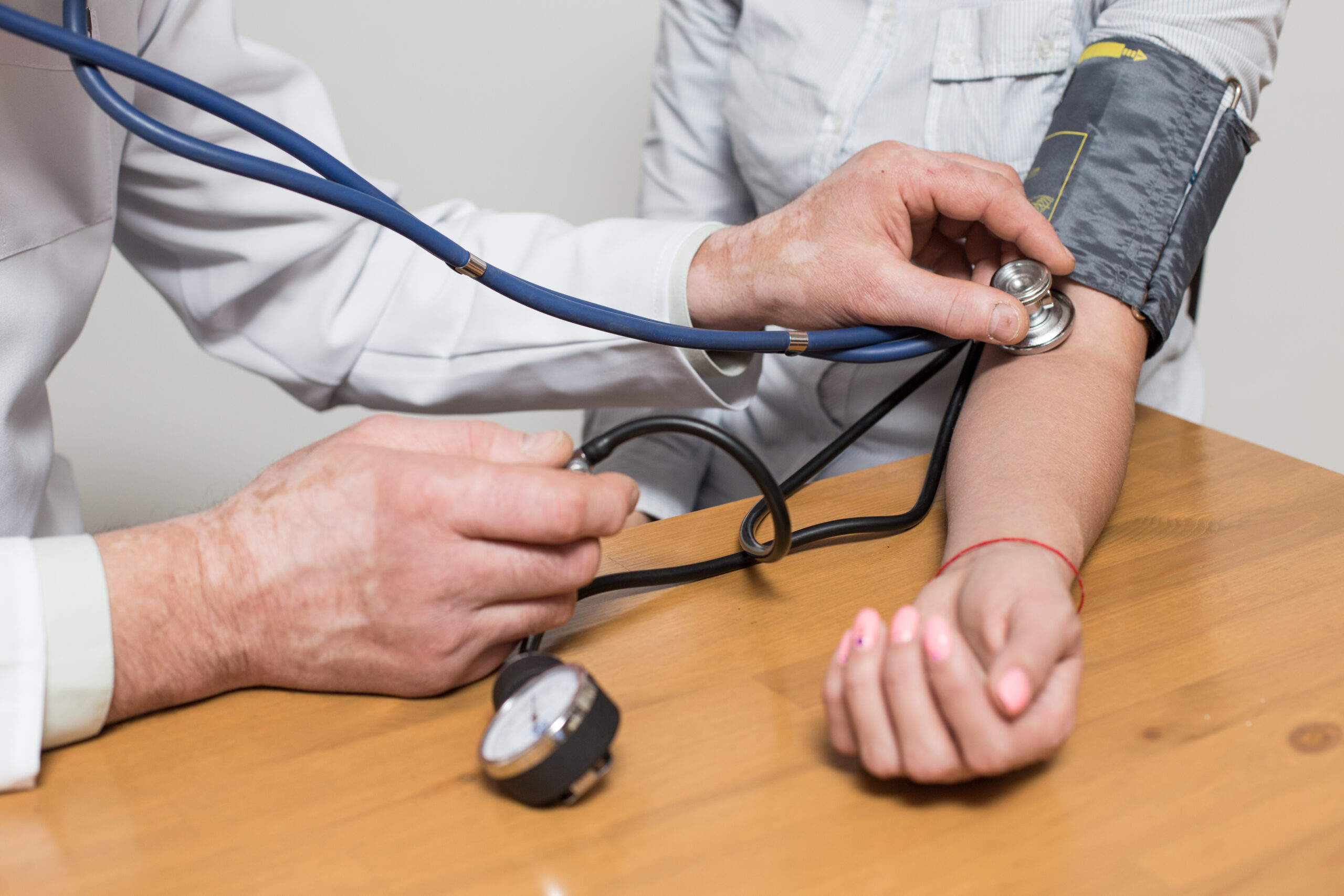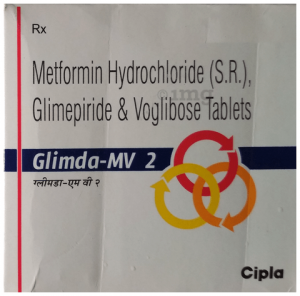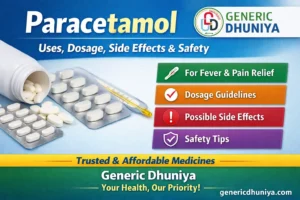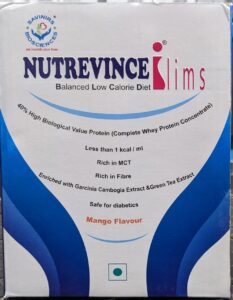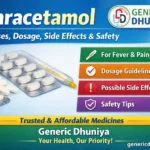Welcome to Generic Duniya, Here we are Discussing about What is Blood Pressure ? Why Blood Pressure Increase ?What are the Symptoms of Blood Pressure ?How to Control Blood Pressure ?
What is Blood Pressure ( BP) ?
Blood pressure (BP) is the force of blood pushing against the walls of arteries as it flows through them. It is expressed as two numbers, systolic pressure (the top number) and diastolic pressure (the bottom number), measured in millimeters of mercury (mmHg).
Systolic pressure represents the pressure in the arteries when the heart contracts and pumps blood into the circulation. Diastolic pressure represents the pressure in the arteries when the heart is resting between beats and filling up with blood.
Blood pressure is an important indicator of cardiovascular health and is influenced by factors such as age, gender, genetics, lifestyle, and underlying medical conditions. High blood pressure, or hypertension, can increase the risk of heart disease, stroke, and other health complications, while low blood pressure, or hypotension, can cause symptoms such as dizziness, fainting, and fatigue.
Why Blood Pressure Increase ?
Blood pressure can increase due to a variety of factors, including:
- Lifestyle factors: Unhealthy lifestyle habits such as a diet high in sodium, low physical activity, smoking, and excessive alcohol consumption can all contribute to high blood pressure.
- Obesity: Excess body weight increases the workload on the heart and can lead to high blood pressure.
- Genetics: High blood pressure can run in families, and certain genetic factors may make some individuals more susceptible to developing hypertension.
- Medical conditions: Certain medical conditions such as diabetes, kidney disease, and sleep apnea can increase the risk of high blood pressure.
- Age: As we age, our blood vessels become stiffer and less elastic, which can lead to an increase in blood pressure.
- Stress: Chronic stress can cause an increase in blood pressure by triggering the release of hormones that constrict blood vessels.
It is important to note that in many cases, high blood pressure may not have any noticeable symptoms, which is why it is often referred to as the “silent killer.” Regular blood pressure checks are crucial for early detection and management of high blood pressure.
What are the Symptoms of Blood Pressure (BP) ?
In many cases, high blood pressure (hypertension) may not have any noticeable symptoms, which is why it is often referred to as the “silent killer.” However, in some cases, individuals with high blood pressure may experience:
- Headaches: High blood pressure can cause headaches, particularly in the back of the head and in the morning.
- Dizziness or lightheadedness: High blood pressure can cause a feeling of dizziness or lightheadedness, particularly when standing up quickly.
- Blurred vision: High blood pressure can cause blurry vision or a sensation of seeing spots.
- Chest pain: In severe cases, high blood pressure can cause chest pain or shortness of breath.
It is important to note that these symptoms can also be caused by other medical conditions, so it is important to have regular blood pressure checks to detect and manage high blood pressure early. Additionally, very low blood pressure (hypotension) can cause symptoms such as dizziness, fainting, and fatigue.
How to Control Blood Pressure (BP)?
There are several lifestyle changes and medical treatments that can help control blood pressure (BP). Here are some strategies:
- Healthy Diet: A healthy diet that is low in sodium, rich in whole grains, fruits, vegetables, and lean protein can help lower blood pressure.
- Regular Physical Activity: Regular physical activity such as brisk walking, swimming, cycling, or jogging can help lower blood pressure.
- Maintain a Healthy Weight: Maintaining a healthy weight through a balanced diet and regular exercise can help lower blood pressure.
- Limit Alcohol Consumption: Excessive alcohol consumption can raise blood pressure, so it is important to limit alcohol intake.
- Quit Smoking: Smoking can damage the blood vessels and increase the risk of high blood pressure, so quitting smoking is an important step in controlling blood pressure.
- Manage Stress: Chronic stress can increase blood pressure, so finding ways to manage stress such as yoga, meditation, or deep breathing exercises can help.
- Medications: In some cases, medications may be needed to help control high blood pressure. There are different types of medications available, including diuretics, ACE inhibitors, angiotensin receptor blockers (ARBs), calcium channel blockers, and beta-blockers. Your doctor can work with you to determine the most appropriate medication based on your individual needs.
It is important to work with a healthcare professional to develop a personalized plan to control blood pressure, and to regularly monitor blood pressure levels to ensure they are within a healthy range
buy online generiic medicines in https://genericdhuniya.com/
# Generic Duniya
# Genneric Duniya



